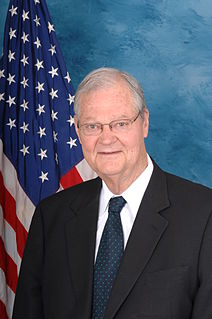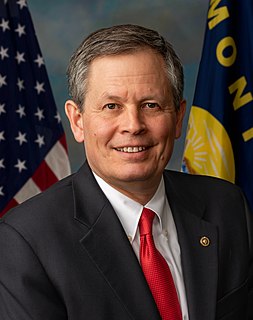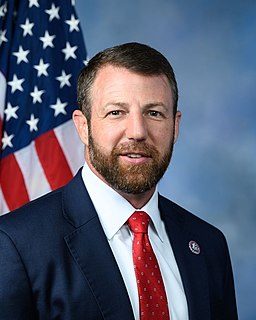A Quote by Eric Greitens
Federal overreach from agencies like the EPA is hurting family farms. I will fight against these crippling regulations, and always side with the hard working farmers and ranchers of Missouri.
Related Quotes
Electric service providers in Missouri have warned that the EPA's so-called Clean Power Plan will raise energy costs for Missourians, reduce jobs, and hurt our state's economic competitiveness. As a member of the Senate Appropriations Committee, I've fought hard to ensure provisions that would defund this harmful power grab were included in the final appropriations bill. I also support legislation to block this harmful rule and protect workers and families from the damaging effects of the Obama Administration's executive overreach and costly energy regulations.
Our battles against the EPA and other rogue federal agencies aren't about a desire for dirtier air or zero regulation. They are about our right as a state to control our own destiny and resist attempts by the administration to ramrod a wish list of regulations through agency heads instead of garnering approval from Congress.
The RFA requires federal agencies to assess the economic impact of their regulations on small firms, and if significant, consider less burdensome alternatives. Federal agencies sometimes fail to comply at all, or simply 'check the box,' fulfilling the letter of the law, while missing the purpose of the law entirely.






























